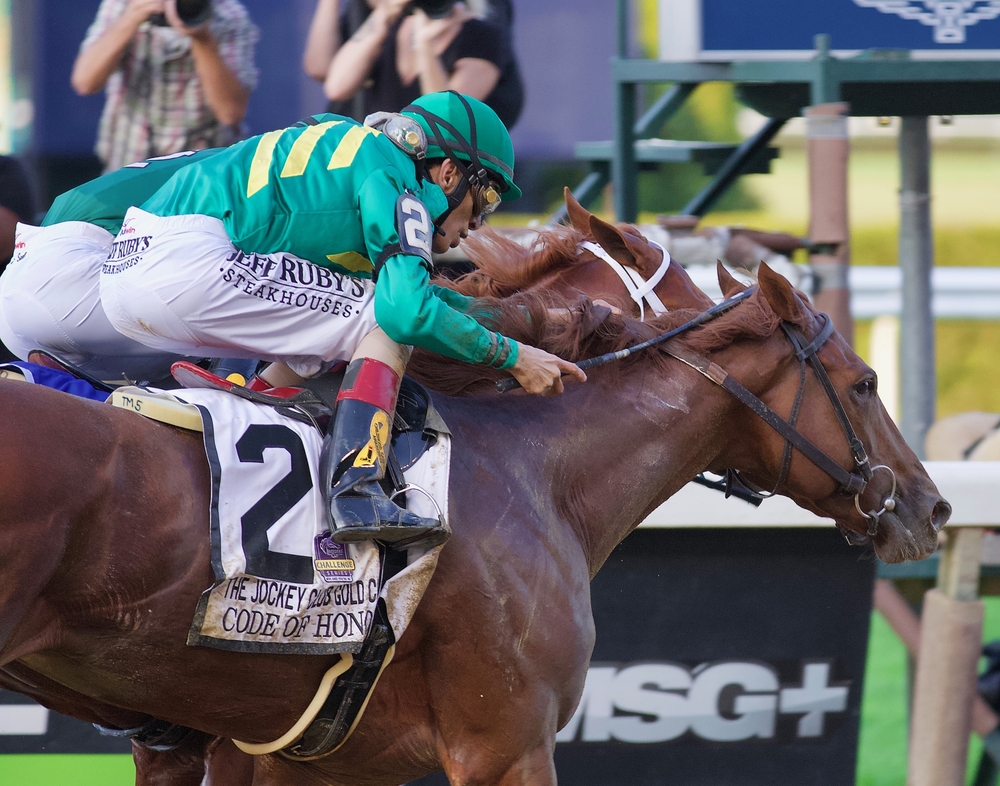If we were to consider the most popular spectator sports in Germany, ice hockey would rank at number three behind handball and football. Currently, 0.03% of the population participates in the sport, while a much larger number follows it avidly. The sport is not only popular in the country, but Germany’s national team has achieved considerable international success and is one of the top teams in the world.
Here is a brief insight into ice hockey history in Germany and where the sport stands today.
History of Ice Hockey in Germany
Due to Germany’s weather conditions, winter sports have been a staple and quite popular in Germany. The country’s first ice skating club was formed in 1864 in Frankfurt, and in 1881, the first ice skating rink was opened in the same city, which was also the world’s third artificial ice skating rink. Ten years later, this rink was replaced by a permanent facility.
The first official ice hockey game was played in Germany in February 1897 in Berlin between a team of students and a sports club, the Akademischer SC. Soon ice hockey replaced other traditional games and gained rapid popularity. In 1901, Germany’s first sports club formed a separate ice hockey department, which was followed by the formation of more associations in Berlin and other major cities.
Germany became a member of the Ligue International de Hockey Sur Glace (LIHG), the predecessor of the IIHF, in 1909. A year later, the country took part in the first European Championship. By that time, Germany had its league in Berlin, which had ten teams. The first German ice hockey championship was held in 1912.
From 1920 to 1926, Germany was not a part of any LIHG event as it was debarred from the body after the First World War. The country was readmitted in 1926 and began participating internationally again in 1927.
In the 1932 Winter Olympics, Germany won the bronze model in ice hockey. The team also won European titles in 1930 and 1934. Those were the golden years of ice hockey, and the country made great headway internationally. However, after the Second World War, Germany was again excluded from the LIHG in 1946.
In the German Federal Republic, a national league was formed around that time, while the Soviet-occupied German Democratic Republic went its separate way. Five years later, the Federal faction was readmitted to the LIHG, while the German Democratic Republic joined as a separate member in 1954. In the following years, the FRG struggled to reach its previous status as one of the most prominent teams and was unable to make it into the top four teams in the world. In 2018, Germany’s national team won a silver medal at the Winter Olympics.
German National Ice Hockey Team
The national governing body for ice hockey in Germany is the Deutscher Eishockey-Bund or the German Ice Hockey Federation. The body was established in 1963, and until 1990; it catered to ice hockey in West Berlin and the Federal Republic of Germany. Since 1990, it has been the principal governing body for ice hockey for all of Germany and oversees the country’s ice-hockey regional leagues.
The men’s national ice hockey team currently ranks 7th in the IIHF ranking. The team has been playing internationally since 1911, when it took part in the European Hockey Championship. Besides several medals at World Championships, the team won silver medals in the Winter Olympics in 1930, 1953, and 2018. Since the East and West Germany teams reunified in 1990, the best performance to date is the silver at the Winter Olympics 2018, followed by 6th place in the 2003 World Championship and 4th place in the 2010 IIHF World Championship.
Germany Ice Hockey League
The Deutsche Eishockey Liga (DEL) is Germany’s top-league ice hockey contest. It was formed in 1994 as a replacement for the earlier highest league, the Eishockey-Bundesliga. Until 1997, the DEL was governed by the Deutscher Eishockey-Bund and became an independent body.
The DEL is the fourth top ice hockey league in Europe after Sweden, Finland, and Switzerland. Currently, the DEL has 15 teams. The current champion of the DEL is the Eisbaren Berlin, which recently won its 9th championship title.
In a regular DEL season, each team plays 52 games. The top ten teams qualify for the playoffs, whereas the top six are granted a bye to the quarter-finals. The teams ranking from 7th to 10th play in the pre-playoff round. After each knockout round, the rankings are redetermined. Like the NHL, the top-ranking team holds the home-field advantage for the final match.





